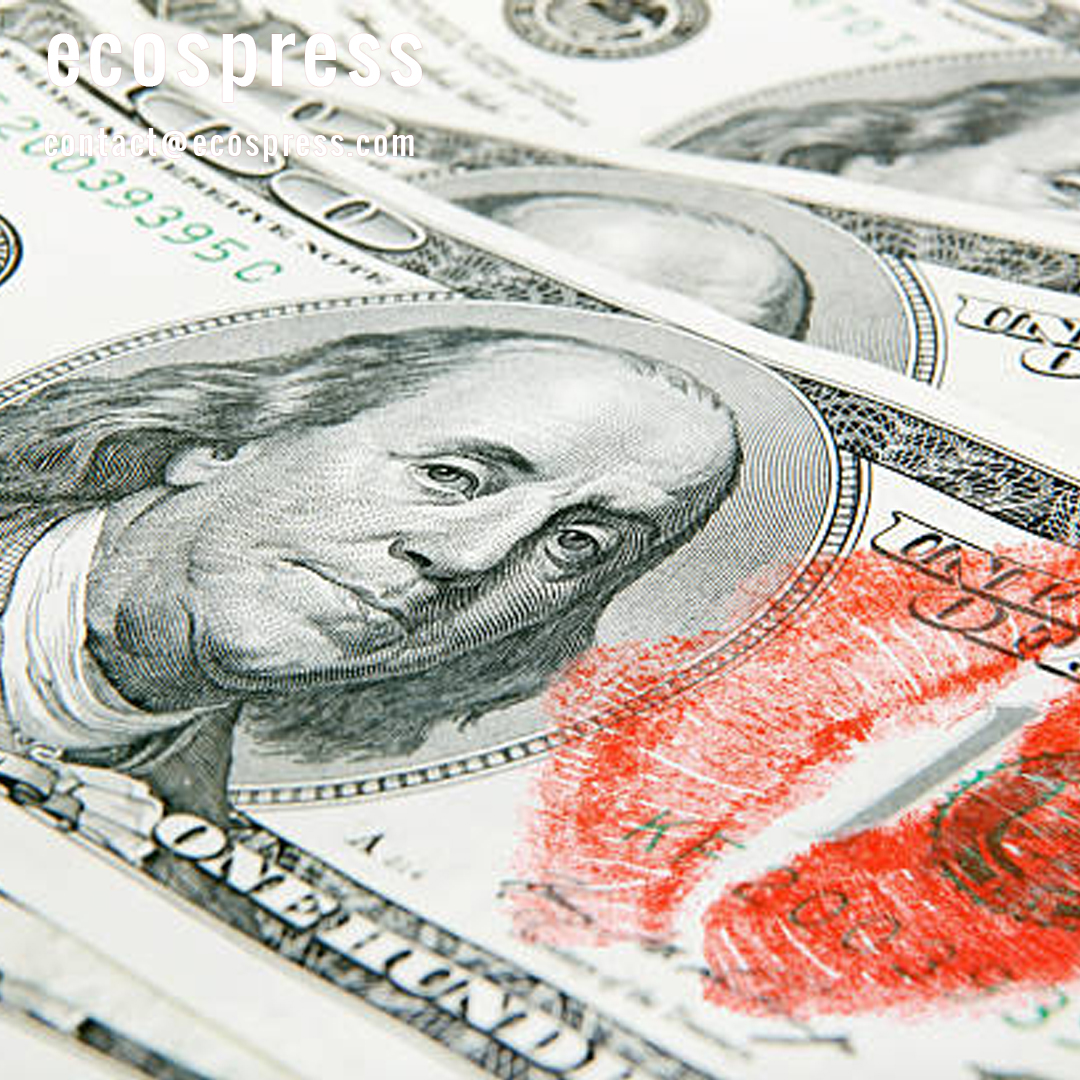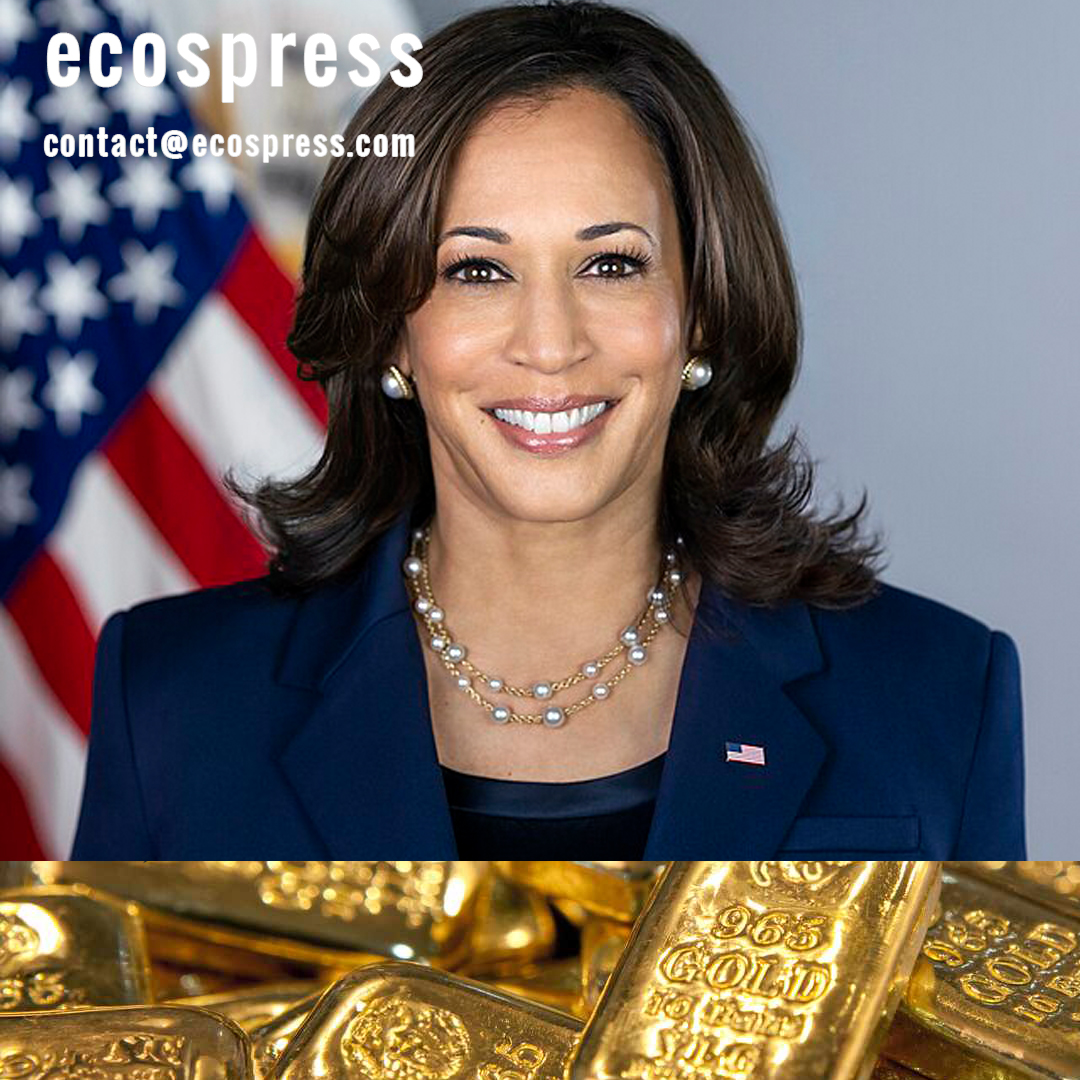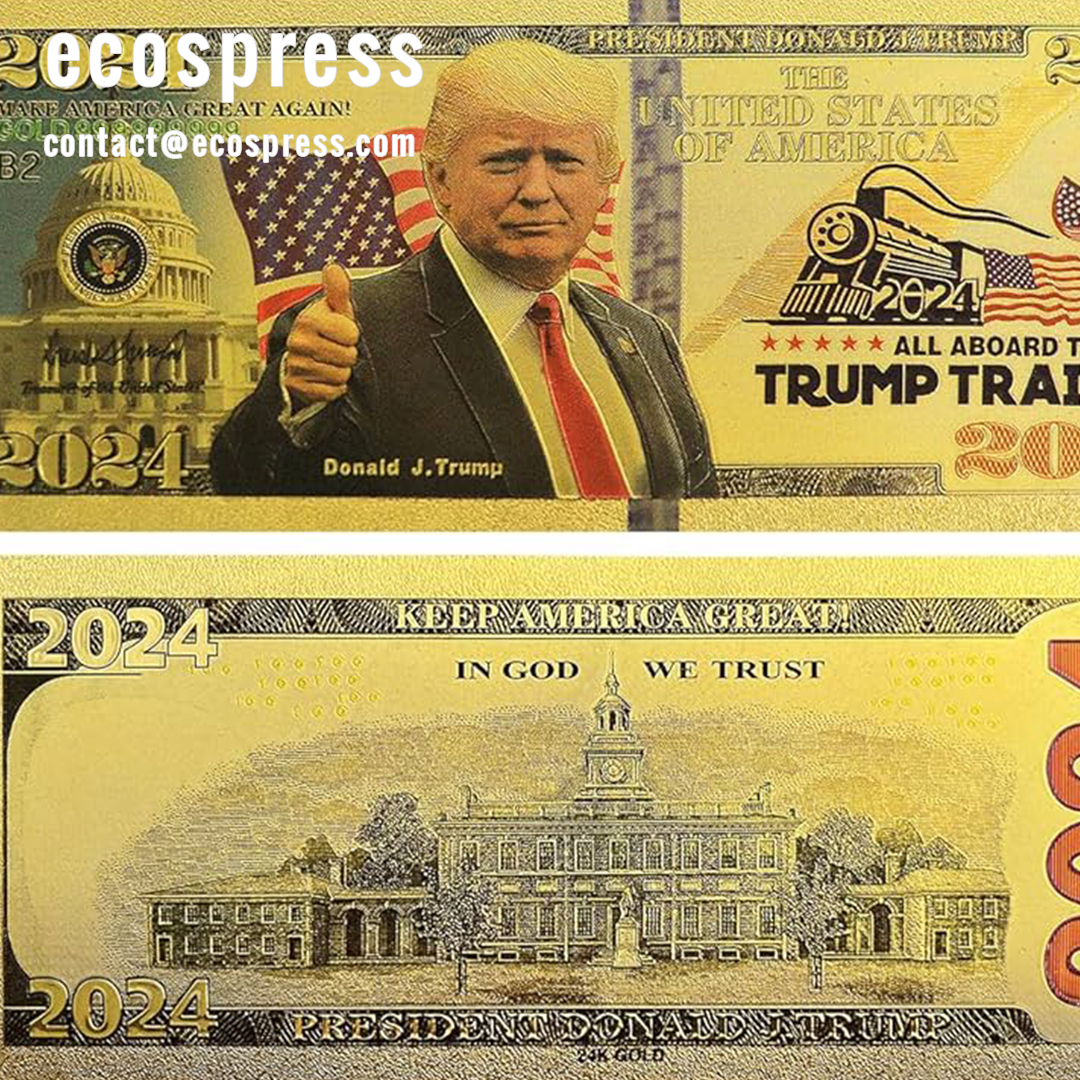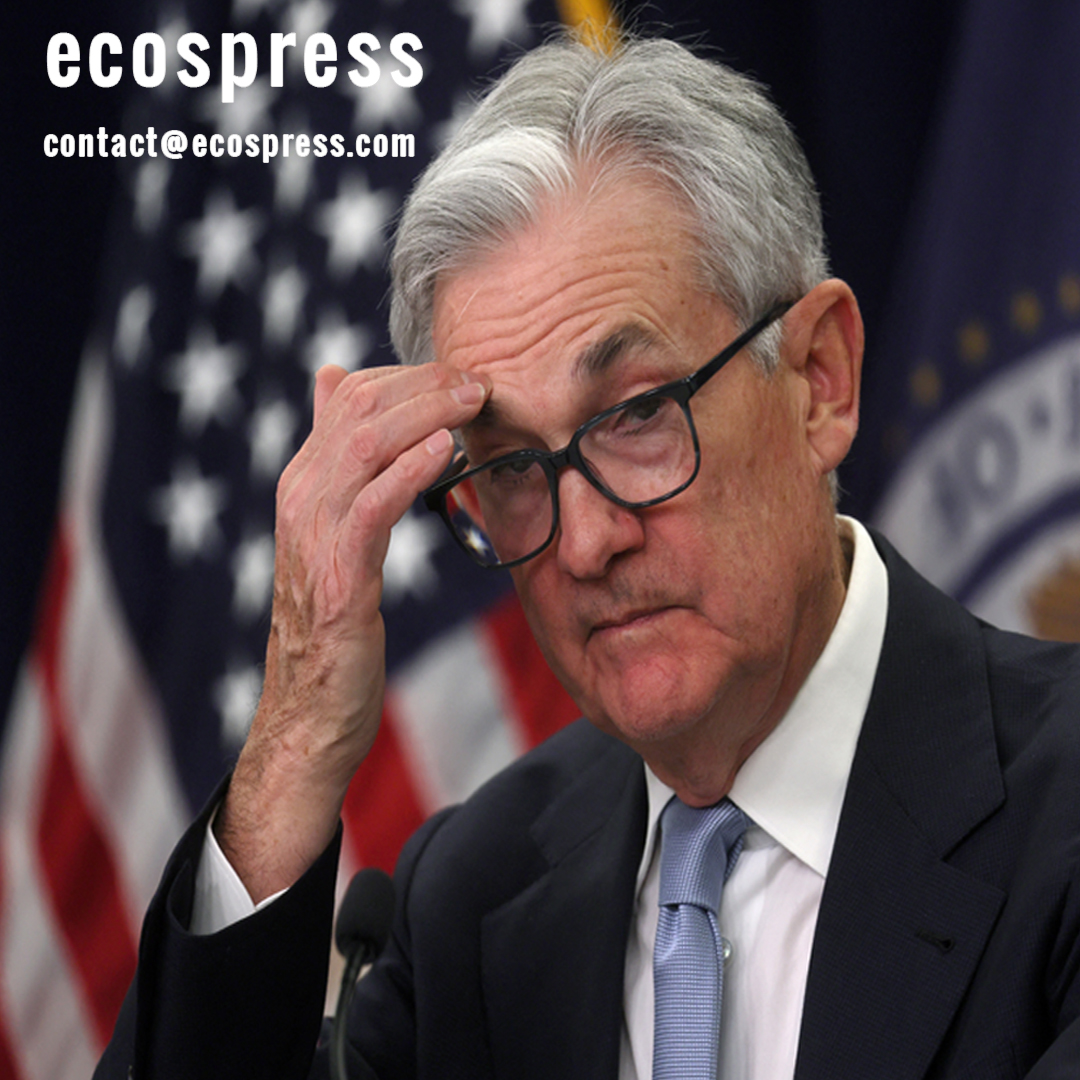During economic crises, one might expect cosmetic sales to decline. However, the opposite is often true, with lipstick sales showing a noticeable increase. This psychological and economic phenomenon is known as the “Lipstick Effect”, explaining how consumers, particularly women, turn to small, affordable luxuries to boost their morale during challenging economic times.
What is the Lipstick Effect?
The “Lipstick Effect” refers to an increase in the sales of small cosmetic items, such as lipstick, during economic downturns. Lipstick is considered a “small luxury” that gives women a sense of beauty and confidence without creating a significant financial burden.
Psychological and Economic Reasons Behind the Phenomenon
1. Seeking Emotional Compensation
- During crises, the ability to purchase luxury goods like cars or jewelry becomes limited, prompting women to compensate by buying smaller items that provide a sense of indulgence.
- Lipstick represents a symbol of beauty and elegance, helping improve mood and self-esteem.
2. Affordable Prices
- Compared to other luxury items, lipstick is an affordable product that can be easily purchased even under financial strain.
3. Boosting Self-Confidence
- In times of recession, women may feel uncertain or anxious about the future. Buying lipstick serves as a simple way to enhance self-confidence.
4. Adapting to Limited Resources
- Instead of spending on expensive beauty services or luxury products, women opt for practical and cost-effective choices like lipstick.
Historical Examples
The Great Depression of the 1930s
- During the Great Depression, cosmetic companies like Estée Lauder and Revlon reported significant increases in lipstick sales, even as demand for other products declined.
The 2008 Global Financial Crisis
- According to economic reports, cosmetic sales rose by 5%, while luxury goods sales dropped.
- L’Oréal noted an 11% increase in small cosmetic product sales during the crisis.
Statistics and Data
- A study by NPD Group found that lipstick sales increased by 25% in the months following the 2008 crisis.
- According to a report from Statista, cosmetic sales demonstrate notable resilience, with consumers spending more on small products during tough economic times.
Impact on Corporate Strategies
This phenomenon highlights the importance of offering products that meet consumer needs during challenging times:
- Focus on Pricing: Provide affordable options without compromising on quality.
- Promote Simple Luxuries: Emphasize the psychological benefits of beauty and confidence.
- Innovate with Mini Products: Introduce mini versions of lipsticks or small-sized beauty products.
Conclusion
The “Lipstick Effect” demonstrates how a simple product can hold significant meaning during economic hardships. It’s not just a cosmetic item but a tool for enhancing confidence and feeling beautiful in the face of challenges. For businesses, this effect is an opportunity to meet consumer needs in innovative and effective ways.
Have you noticed the Lipstick Effect in your life or during crises you’ve experienced? Share your story!






Leave a Reply